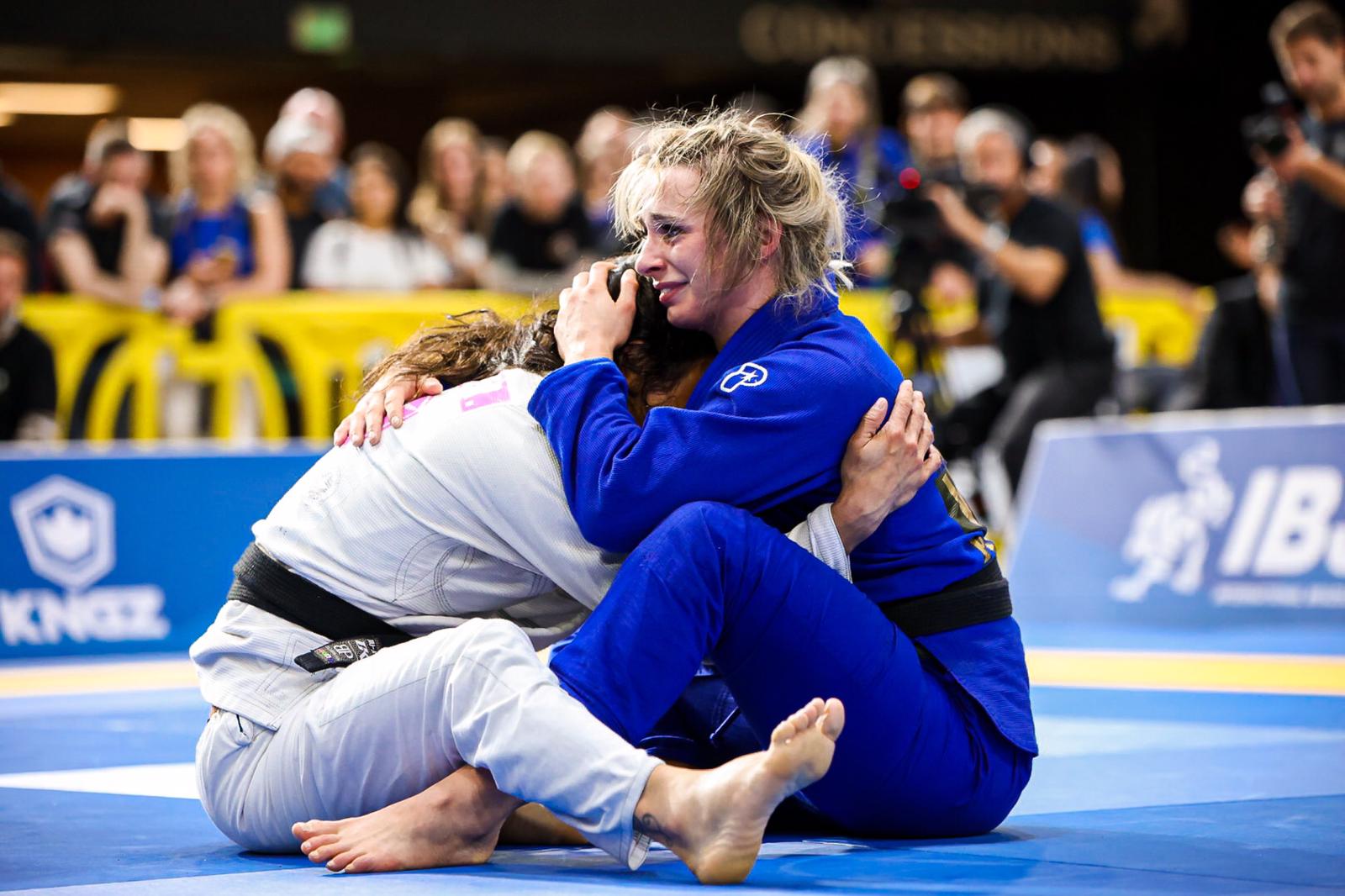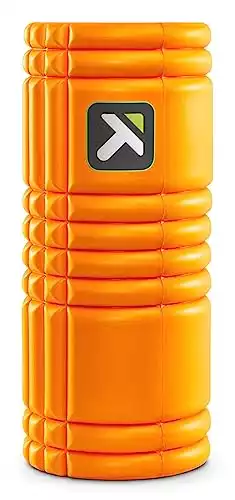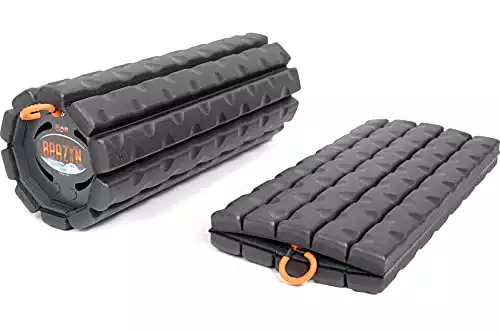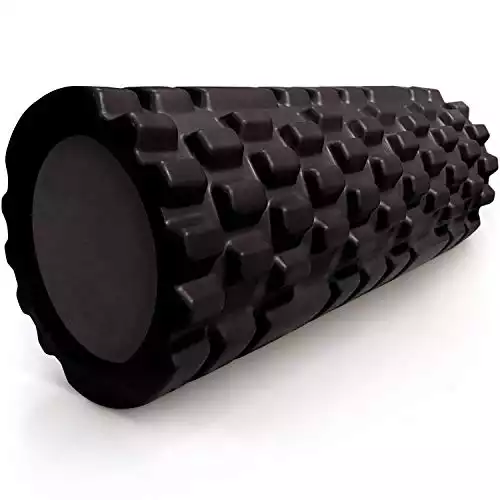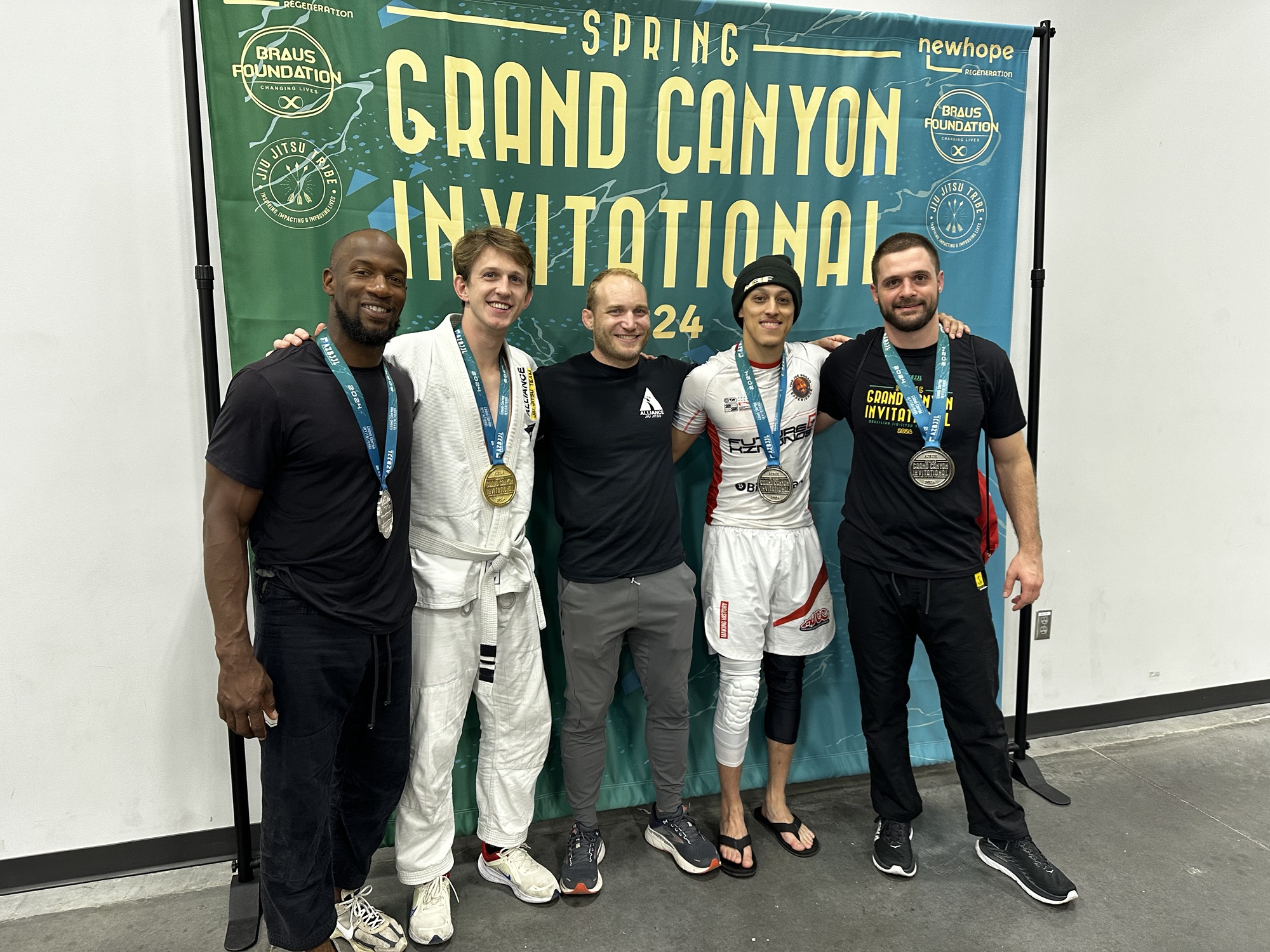
Cameron
Table of Contents
How Often Should You Practice BJJ? Asking yourself what your goals are and how much time you can commit to the sport is the key to finding the answer.
 Goals
Goals
What are your goals for training Brazilian Jiu Jitsu? Are you just wanting to try it out for a year? Maybe you want to be a professional athlete? Whatever your goal is with the sport it is important to iron that question out first.
Once you have ironed out what you are looking to get out of jiu-jitsu it is time to evaluate how much time you can dedicate to achieving said goal.
Time Commitment
How much time can you dedicate to Jiu-Jitsu? At the end of the day, this is not something you will get good at overnight. It takes about 6 months to get the training wheels off and to feel like you somewhat know what you are doing. Jiu-jitsu very quickly becomes a lifestyle. It is important to look at what you are currently balancing and ask yourself if you could get into the dojo at least get 3 – 4 times a week. If you have a full time job or a family to take care of, it may be difficult to get the proper amount of training. Although it may be difficult, practicing BJJ at least a few times a week consistently makes room for a lot of progress in your game and technique.
We get it, life happens, but it is important to understand what you are signing up for. The road to getting your black belt is a long one. Every instructor has a different philosophy on how they will promote their students but the two things that always underline a promotion are time training and dedication to the craft.
Discover the world of Brazilian-Jiu Jitsu: a holistic martial art, a sport, an approach to life.
So, How Often Should You Train BJJ?
Finding out your optimal training frequency comes down to answering the previous questions in this article. If you have narrowed down what you are looking to get out of Brazilian Jiu Jitsu both individually and in a competitive sense, then the answer should be pretty clear.

Competitors
If you are a competitor you should be at least training 3 – 4 times a week minimum. This will not be getting you to high levels though. The best in the world are usually train BJJ multiple times a day up to 5 – 6 days a week. This amount of training will allow for rapid progress but also calls for an extreme level of time commitment that not all people have.
Getting to the point where you are paid to compete in this sport takes true commitment and sacrifice. If you are not constantly training, your competition is.
- Why You Should Compete
- 6 Things You Will Learn from Competition
- Competition Anxiety
- What is a certified Gi?
Hobbyist
If you are more of a hobbyist and looking to just stay in excellent shape by practicing a fun and useful martial art, you should be getting 2-4 training sessions per week, minimum. If you go at this pace your blackbelt is in reach within the next 7 – 10 years.
Once you have ironed out your goals and ability to commit you will then find the answer to how often you should practice BJJ. If you concluded that you want to compete at a high level just training technique is not going to be enough. You will need to balance a healthy mix of strength training into your routine as well as have a structured nutritional guide that you follow!
What time of the day is the best for training?
Morning: The early hours of the day can be an incredible time to get a training session in. Not only will BJJ wake you up, but doing something you love first thing in the morning is a great way to boost your mood!
Afternoon/night practices: A training schedule consisting of afternoon practices can benefit a martial artist immensely. There are many advantages to training later in the day. For one, practicing before bed can allow for a better quality of sleep. As many know, sleep is incredibly important for recovery after a hard training session. Along with that, practicing technique while fatigued due to a long day can increase endurance and mental strength.
Quality of training
Mastery of Martial arts requires years of high-intensity practice. While this may be true, not everyone wants to become a professional athlete and master the art of BJJ. No matter what your goals are with Jiu Jitsu, high-quality BJJ training is essential when progressing in the sport. Martial arts training should consist of proper warm-ups, pressure-tested BJJ techniques, and live rolls (sparring) with good training partners that keep you safe while pushing you past your limit. Quality training is essential when progressing through your BJJ journey.

